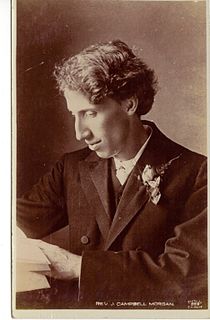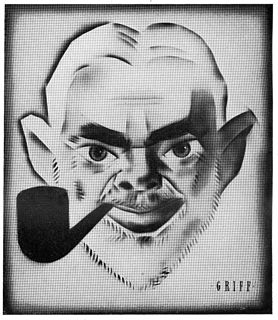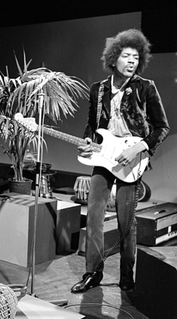A Quote by Aleister Crowley
It is the mark of the mind untrained to take its own processes as valid for all men, and its own judgments for absolute truth.
Related Quotes
The classification of facts and the formation of absolute judgments upon the basis of this classification-judgments independent of the idiosyncrasies of the individual mind-essentially sum up the aim and method of modern science. The scientific man has above all things to strive at self-elimination in his judgments, to provide an argument which is as true for each individual mind as for his own.
To observe and watch one's own mind is something really interesting. The untrained mind will run and follow its old habit patterns. Because it has not been trained and taught, it will get lost in all kinds of stories and issues. Therefore we have to train our mind. The meditation practice in Buddhism is all about training one's own mind.
At the very outset I have to tell you that truth is what it is. You cannot mold it, you cannot change it. It is always the same. It has been the same, it is the same, it will be the same. But to say that we know the truth and that we have the truth is really a self-deception. If you had known the absolute truth there would have been no problems and everybody would have said the same thing. There would be no discussions, no arguments, no fights and wars. But when we don't know the absolute truth then we can find out our own mental conceptions as the truth. But this mind is so limited.
There is no such thing as absolute truth and absolute falsehood. The scientific mind should never recognise the perfect truth or the perfect falsehood of any supposed theory or observation. It should carefully weigh the chances of truth and error and grade each in its proper position along the line joining absolute truth and absolute error.
There are those who feel an imperative need to believe, for whom the values of a belief are proportionate not to its truth, but to its definiteness. Incapable of either admitting the existence of contrary judgments or of suspending their own, they supply the place of knowledge by turning other men's conjectures into dogmas.
Be skeptical, but not as a social position, not claiming to be so intelligent that you cannot believe what other people say. It's not about being right and making everybody else wrong. No, you are skeptical because you know without a doubt that everybody lives in their own story, and in their story they have their own truth. But it's only truth in their mind, just as your truth is only truth in your mind, and nobody else's.
The immature conscience is not its own master. It simply parrots the decisions of others. It does not make judgments of its own; it merely conforms to the judgments of others. That is not real freedom, and it makes true love impossible, for if we are to love truly and freely, we must be able to give something that is truly our own to another. If our heart does not belong to us, asks Merton, how can we give it to another?







































